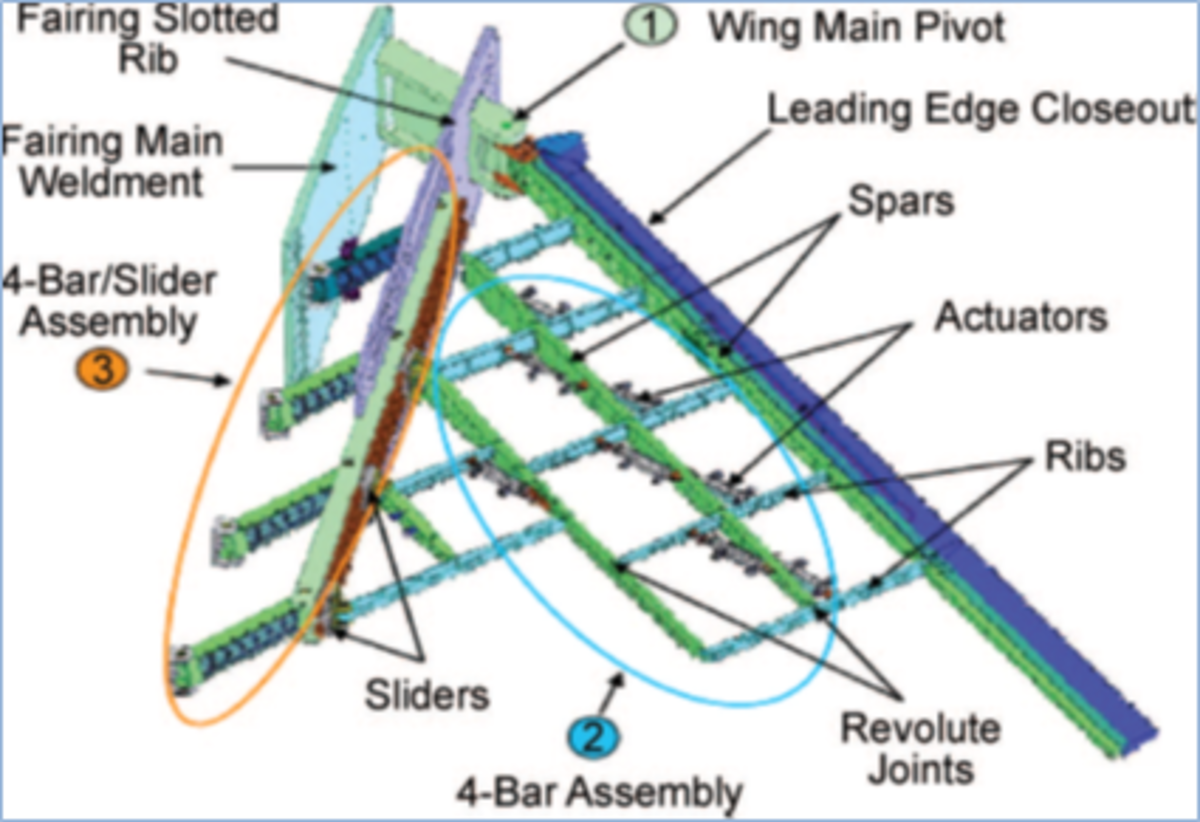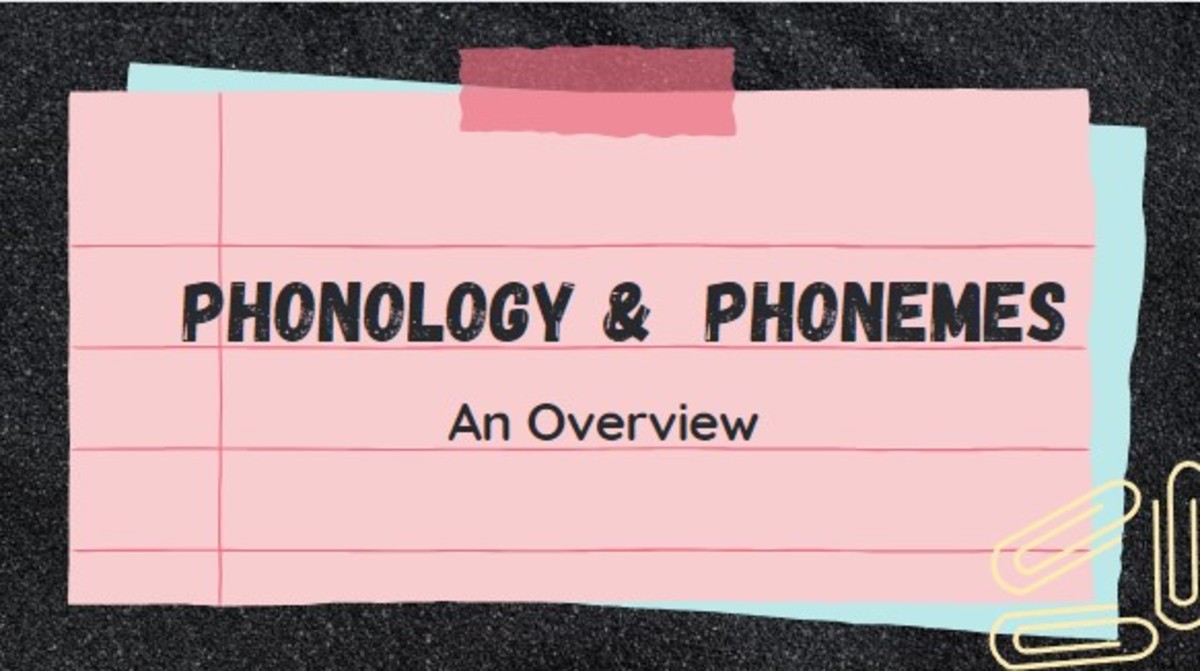Language and Thought

Thought and Language:
Why they are not the same
Thought is the activity of giving meaning and structure to our experiences. As human beings are so tied to language, we experience much our thoughts in language, and language (for those of you reading this) is the broadest and most useful communication tool humans have. However, we encounter examples of meaning embedded in many other structures, such as diagrams, maps, videos, songs, and mathematical equations. These structures are qualitatively different from language.
Separating these forms from language requires an understanding of the structure of language (the subject of discipline called linguistics). Languages have phonemes, morphology, and syntax. Phonemes are the bits of sound that can be used in any given language. An example would be the letter “b”. This sound occurs when your breath passes through your vocal cords and is temporarily stopped by your lips. (If you do not open your lips you will create in “m” sound, if it is unaffected by your vocal cords it will create a “p” sound). Phonemes combine to make morphemes, the smallest units of meaning in a language. An example would be the “un” prefix. It means “the opposite of whatever a word is attached to”. Morphemes come to together as words such as “uncover” a verb that signifies a discovery has been made.
Words come together to form the basic unit of ideas, the sentence. Syntax is what makes words into sentences. English is a highly syntactical language: subjects come before predicates, modifiers come before the object they modify, prepositional phrases start with a preposition and end in a noun. Deviating from standard English syntax makes you sound like Yoda. Some other languages, like Old English, mark their subjects and objects with morphemes, so they can go anywhere in a sentence. Whatever the particular language though, ideas generally comes in sentences (though spoken language is often choppy).l All sentences have a subject that either “is” or” does” something. This structure is versatile, given that humans live in a world where there are lots of things that are or do something. However, you can leave that world of “is and does” and find other structures that can be used.
Both music and math are good examples. A song (without lyrics, song titles, or any other language) doesn’t really have a subject that’s doing something. A song is just an organized series of sounds. Music does, however, have structure. It’s kept from being meaningless noise by things like steady time signatures, repetition, scales and chords of specific intervals, etc. But it is not language. Songs are quite difficult to explain and, as many a listener will profess, often times songs seem to touch us emotionally in ways that language cannot.
Math likewise has its own logic with all its numbers and symbols. Meaning in math is often quite different from language. A mathematician may come across an equation, and then progressively simplify it. For arguments sake let’s say it takes nine steps to go from a complex equation to its simplest meaningful expression. This means for that equation you will have 10 entries (the original plus the nine simplifications). Those equations are all, well, equal. Now if someone wrote 10 sentences in a row that all meant the same thing, it’d be bad writing. However, those nine entries are completely meaningful in math: they show all the steps involved in the simplification process so that you can check them step-by-step to make sure they’re correct. With language a grammatical error can often be ignored provided there’s enough context. You cannot make those kinds of errors in math. They’re quantitatively different systems of expression.
So why’s this important? It’s important because of how language is treated. Human beings often overemphasize the importance of language. In short, because humans can talk and no other species can, we conclude our selves to be the only intelligent form of life on this planet. The truth is, we’re not alone; scientists guess there are at least 10 million species on earth we share the planet with. There is also the possibility to consider that “intelligent life” (by which we probably mean civilized species) might not have language at all. The throat, tongue, and palate of a human are incredibly versatile. They are capable of producing every sound of every language to ever exist. Language is highly dependent on that. Without that flexibility language would never have developed in the first place. But I think the most important reason to consider thought (the process of examining our experiences) and language (a system for coding our thoughts) separate Is that language can’t hope to explain everything in this world. Thought has more potential.
If you liked this hub, check out my hub on the limits of human sensation. or check out these hubs:








